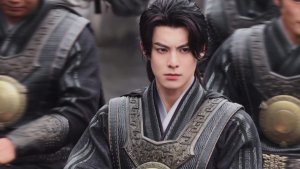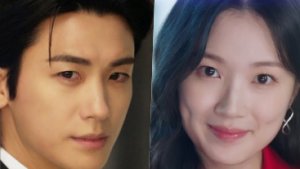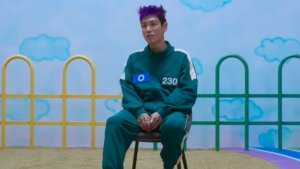 Former BIGBANG's T.O.P will not attend the interview for 'Squid Game Season 2'
Former BIGBANG's T.O.P will not attend the interview for 'Squid Game Season 2'
Have more dramas and movies been glamorizing iljins?
As we all know, the highly-rated drama School 2013 had finally come to an end recently. I've been feeling depressed over the lack of bromance in my life now that it’s over (Go Nam Soon! Park Heung Soo!) and have since resorted to stalking various platforms to find evidences that they are dating try to get over this terrible drama hangover. Recently, I chanced upon an article on Nate discussing the controversy surrounding School 2013 which made me mull and ponder over the issue for a while.
I know right, what controversy? Although it wasn't such a big issue (since many people hadn't really heard of it), School 2013 was once criticized during its first few episodes as being yet another drama that glamorizes iljins and their lifestyles. I can already hear some of you going "WTF is an iljin?" Firstly, an iljin is a Korean slang that basically means "top rankers" which is what many Korean school gang members call themselves.
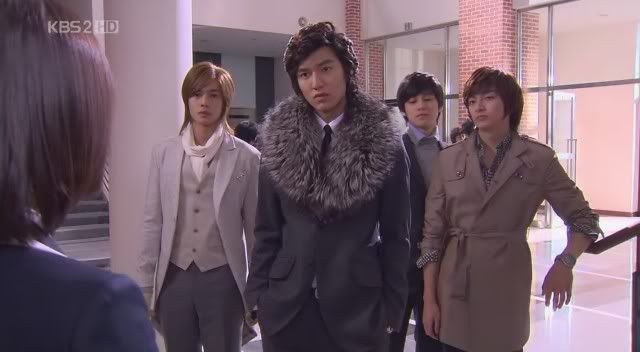
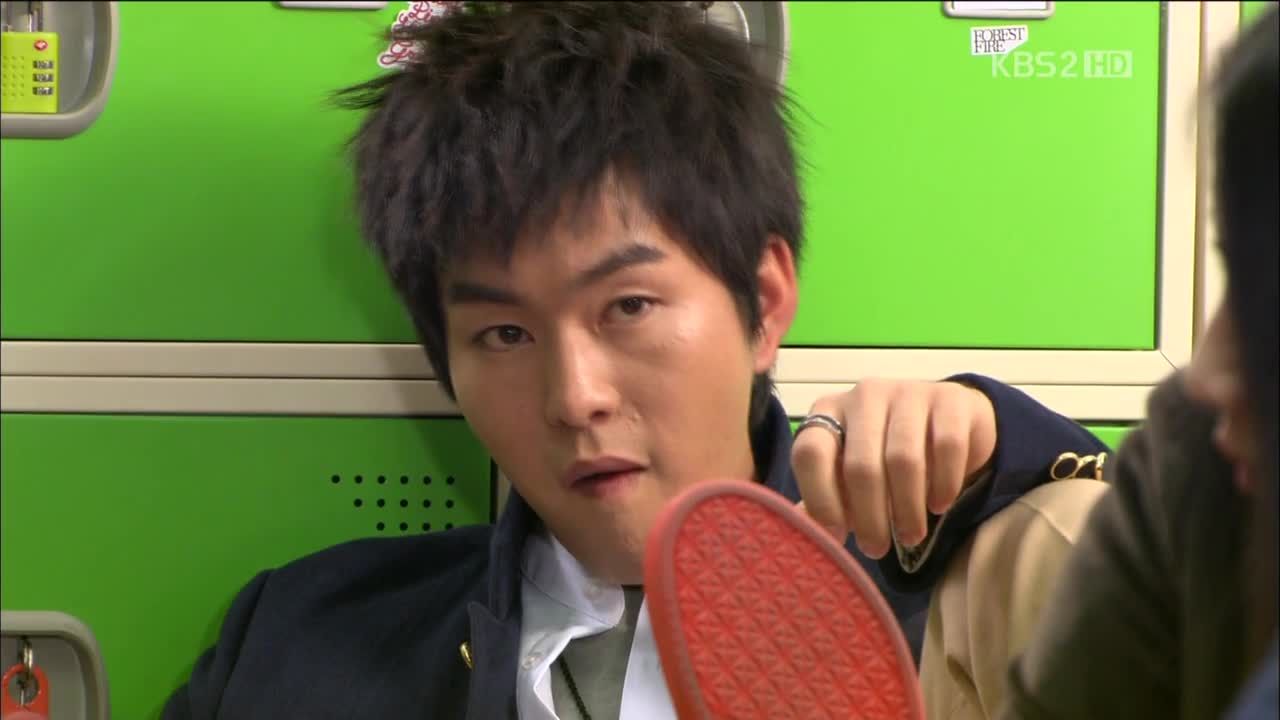
Iljin gangs are common in many schools in Korea and can be far more dangerous than one may think - not just giving punches and blows to classmates and the occasional money extortion; they can even lead to sexual harassment and even suicides. Prosecutors in Korea even say the number of rapes committed by high school kids nearly tripled from 2001 to 2003, the last year for which statistics are available. (source here)
The topic of iljins or school bullying is no longer a stranger to K-Drama land. In fact, it gets so common to an extent that it is even considered a cliché to most school drama plots. But does anyone ever wonder how big of an impact it makes to society, especially students? Sure, iljins can spice up a storyline, but with the rise in Korean dramas and movies glamorizing the 'cool iljin' as the protagonist, doesn't it bring a negative effect to students who end up looking up to them?
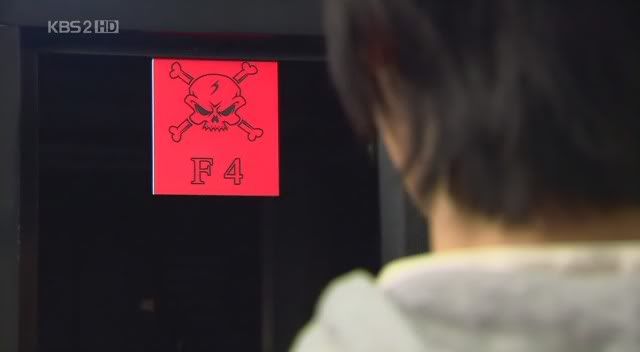
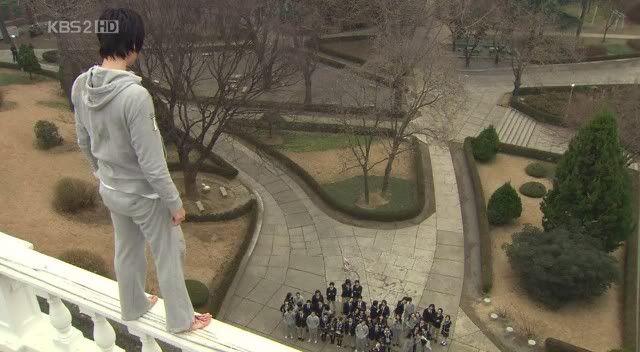
In the first episode of Boys Over Flowers, the F4 gave a red card to a student, which basically signals the rest of the school population to harass and bully him. Said student could not stand the taunting and tried to take his own life - only to be saved by Jan Di, of course…but that is irrelevant. Jan Di forgets about this incident and goes on to fall in love with Mr. Curly Mop Head and the rest of his posse. The thing is, the production team downplayed the severity of the incident and goes on to glorify the F4 and how ‘cool’ they are, making everyone fall in love with the drama. It’s basically screaming: "It’s okay to bully someone as long as you're handsome and/or rich."
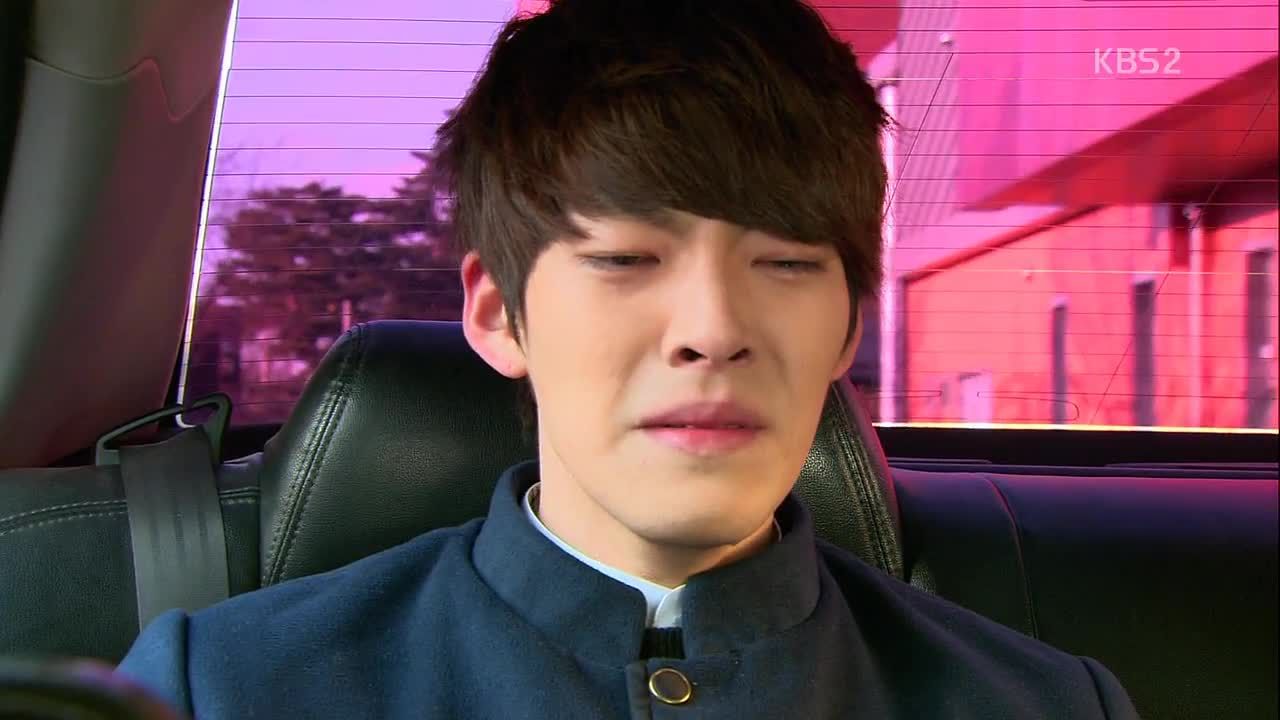
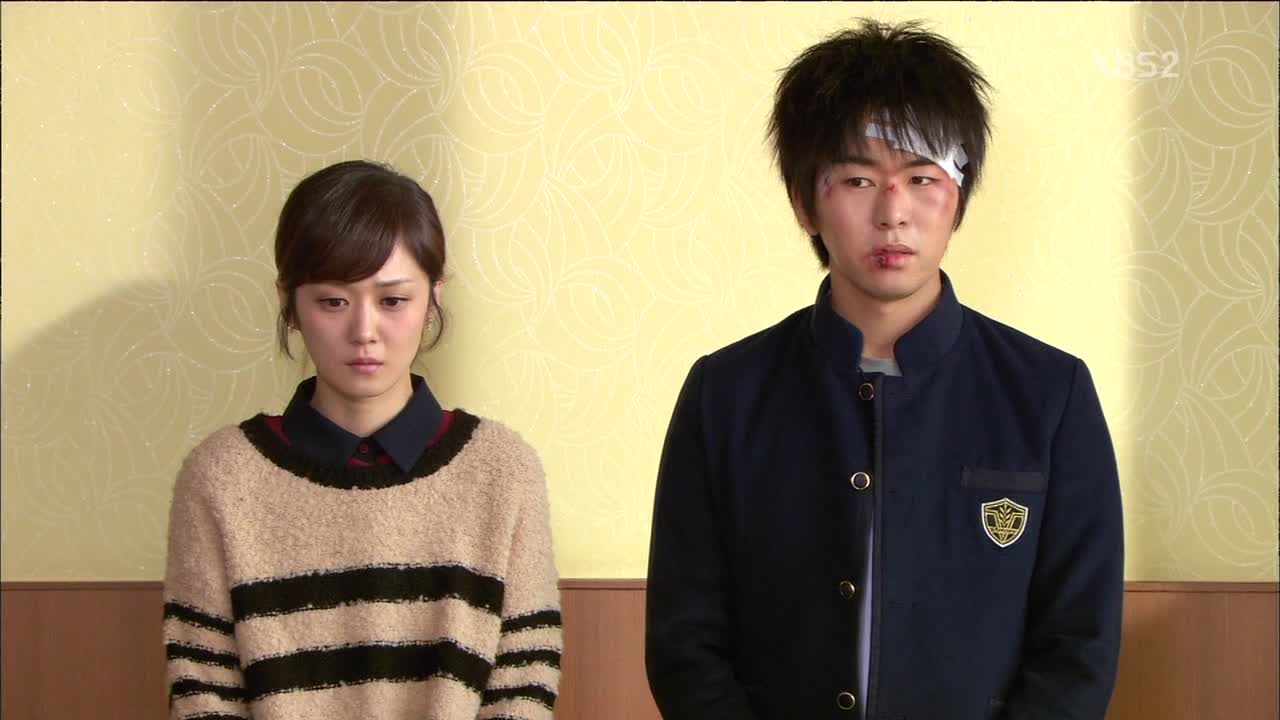
It's not like the general public are unaware and ignorant about this issue - during a special episode of School 2013, where they invited students and teachers to be audience members, 227 out of 300 audience members polled had agreed that school violence and iljins are a cruel reality in Korean schools. Terms to describe iljin activities were also widely understood by the general public, with audience members themselves sharing their own experiences. Henceforth, this just brings us back to one question: if we are aware of the negativity surrounding iljins, then why do dramas and movies constantly try to airbrush the lifestyles of iljins in their productions and try to portray them as acceptable, and a symbol of greatness and power?
Personally, I’m fine with iljin characters as long as the drama acknowledges that whatever the iljins do are wrong. A great example would be School 2013 – it is said that the drama had managed to avoid a lot of flak and gained praise by making its characters admit to their wrongdoings, and showing the consequences to their actions (this is yet another great reason why you should watch this drama if you haven’t). Oh Jung Ho learns to apologize; and Heung Soo too had shown how his dark past could still affect him and cause suspicion even to this day. This drama puts us in their shoes – it made us understand why they do what they do, even if we cannot excuse them.
If anything, I also think dramas need to consider that not all iljins come from dire situations or dysfunctional families. Nowadays, iljins act out because they know their parents are rich enough to have their backs. Iljins can beat up a student so hard to the point of paralysis but with one word from their parents, they get away scot free. A lot of things also need to be taken into consideration if dramas are choosing to portray an iljin character, and it is the responsibility of the production team to ensure that they do it right.
So what do you think, MDL? Should glamorizing iljins be stopped, or is it harmless? Also, what other dramas glamorizing iljins have you watched, and how do you feel about those dramas?




